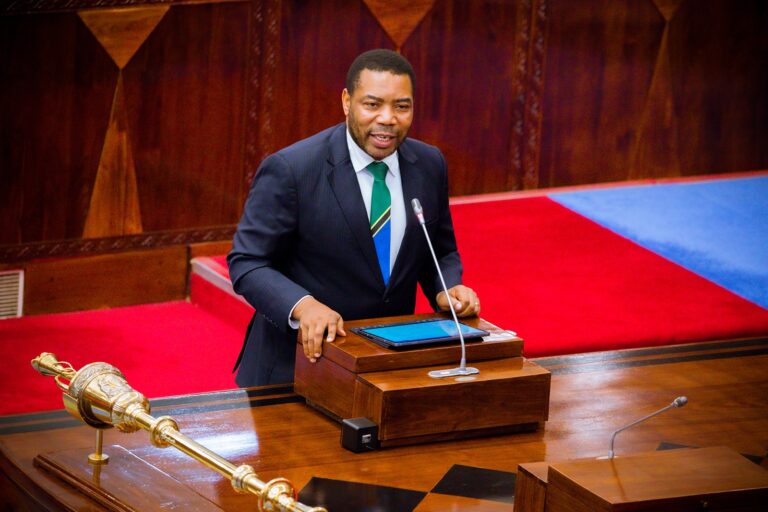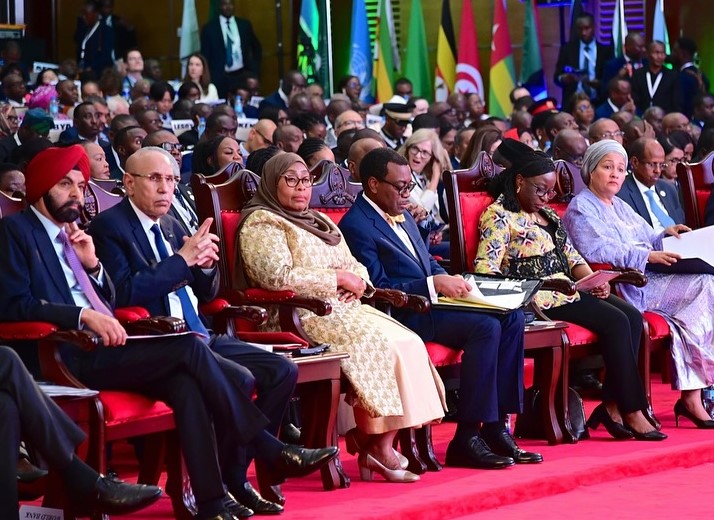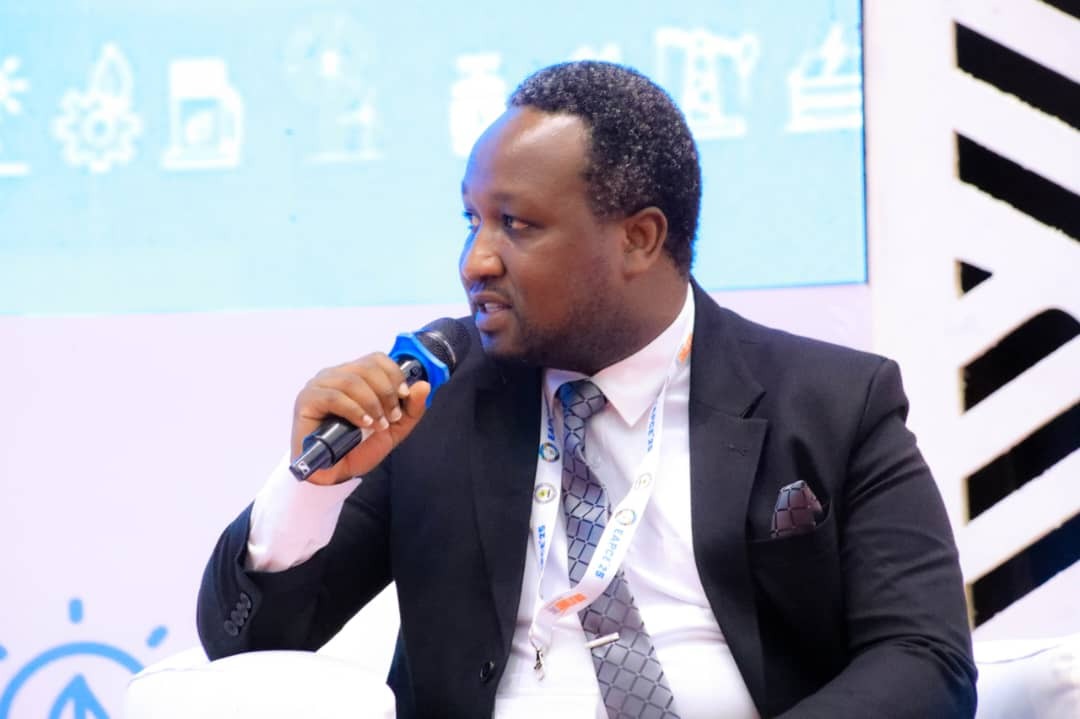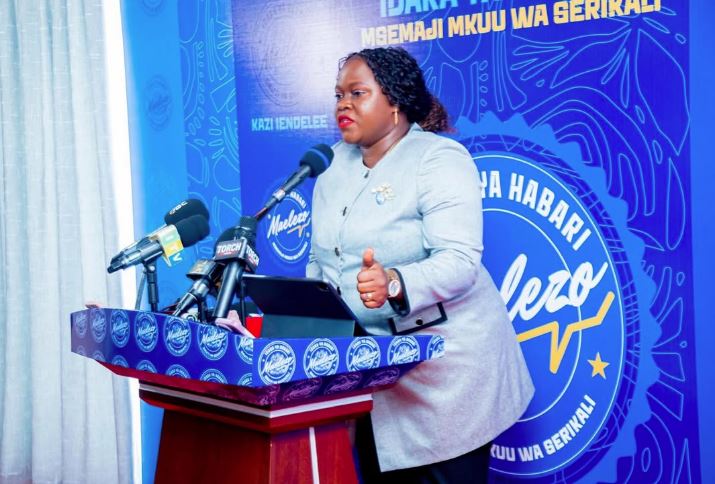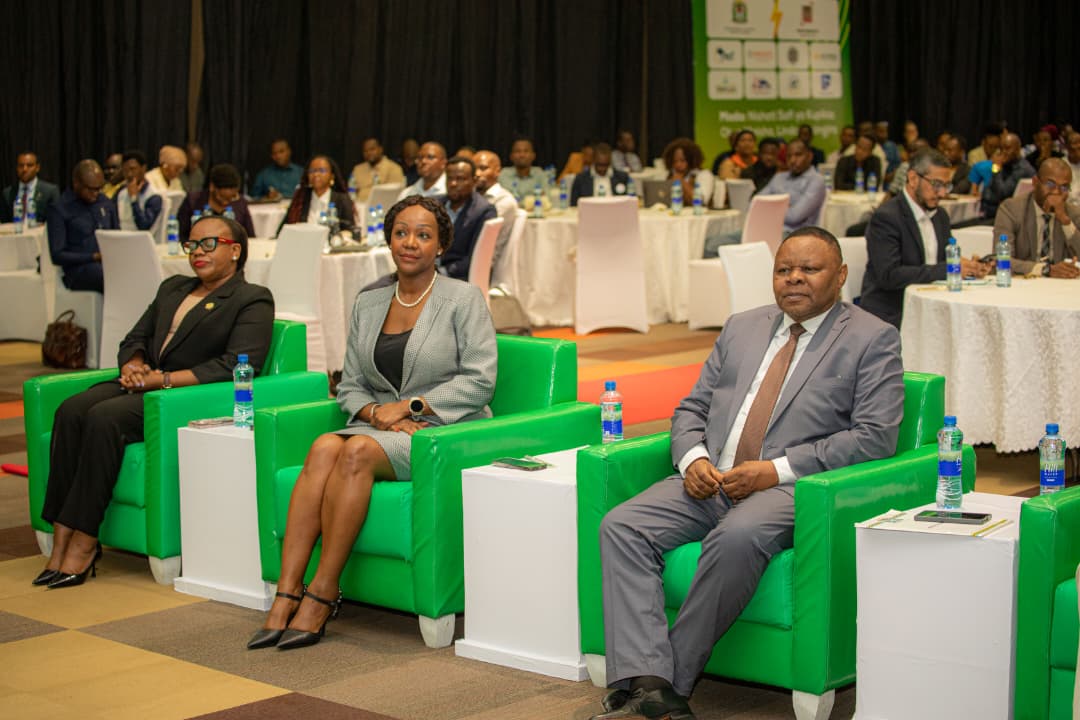Dodoma. The government has set an ambitious revenue target of Sh50.17 trillion for the 2025/26 financial year, with the ministry of Finance laying out strategies to improve revenue mobilisation, manage public debt, and strengthen financial systems.
Tabling the ministry’s budget estimates in Parliament on June 4, 2025 the minister for Finance, Dr Mwigulu Nchemba, said the proposed funds would be mobilised from various domestic and external sources to support implementation of the broader national budget.
“Our ministry’s top priorities include timely mobilisation of this Sh50.17 trillion, efficient servicing of public debt amounting to Sh14.22 trillion, and strengthening public financial management systems,” said Dr Nchemba.
He added: “We are also developing an integrated system for issuing government payment invoices, improving the security and integration of our electronic financial systems, and formulating a Public Assets Management Policy.”
According to the minister, the Tanzania Revenue Authority (TRA) is expected to collect Sh34.10 trillion, comprising Sh32.31 trillion in tax revenue and Sh1.79 trillion from non-tax revenue.
Additional sources include Sh1.07 trillion in grants, Sh14.95 trillion in concessional and commercial loans, and Sh53.54 billion from other government receipts.
The National Audit Office (NAO), under Vote 045, projects collections of Sh843 million from property rentals.
Dr Nchemba said TRA would intensify efforts to enhance tax compliance.
“TRA will continue to improve the TANCIS and IDRAS systems, expand the Electronic Tax Stamp system, and conduct more public awareness campaigns on tax obligations,” he said.
He noted that such efforts were vital to curbing revenue leakages caused by under-declaration and smuggling.
The minister requested parliamentary approval of Sh20.19 trillion for the eight votes under the ministry of Finance in the coming fiscal year.
Of this, Sh19.43 trillion is earmarked for recurrent expenditure—including Sh1.10 trillion for salaries and Sh18.33 trillion for other charges—while Sh757.79 billion will go towards development projects.
The NAO is requesting Sh122.52 billion, comprising Sh110.42 billion for recurrent use and Sh12.10 billion for development initiatives.
2024/25 budget implementation
Reviewing performance for 2024/25, Dr Nchemba said the ministry had initially been allocated Sh17.99 trillion, with Sh17.43 trillion for recurrent use and Sh564.67 billion for development.
However, the budget was revised downwards to Sh16.55 trillion during the mid-year review.
“By April 2025, we had received Sh13.71 trillion, representing 86.5 percent of the revised allocation. Actual expenditure reached Sh13.46 trillion,” he told lawmakers.
“Of that, Sh10.19 trillion was used to service public debt, Sh2.36 trillion for operational charges, Sh443.63 billion for salaries, and Sh456.80 billion for development projects.”
The NAO had received Sh99.08 billion by April, equivalent to 87.9 percent of its annual budget.
Spending stood at Sh91.92 billion, representing 92.8 percent of the disbursed funds.
“Out of this, Sh70.65 billion went to other charges, Sh16.49 billion to salaries, and Sh4.78 billion to development,” said Dr Nchemba.
On the revenue side, the ministry had targeted to collect Sh45.10 trillion in 2024/25, about 89.7 percent of the total government domestic revenue.
By April 2025, actual collection stood at Sh37.91 trillion, or 84.1 percent of the target.
Dr Nchemba said, “Out of this, TRA collected Sh24.45 trillion, while the rest came from other departments through grants, concessional loans and commercial borrowings.”
He also reported progress in the resolution of tax disputes.
“By April, the Tax Revenue Appeals Board had registered 254 cases involving Sh817.03 billion in contested revenue. Of these, 234 cases worth Sh442.26 billion had been determined,” he said.
The Tax Revenue Appeals Tribunal registered 1,033 cases, including 948 appeals and 85 applications, amounting to Sh2.12 trillion in disputed revenue. It had resolved 671 cases with a combined value of Sh3.51 trillion.
The ministry’s tax dispute resolution body also recorded progress.
“We received 50 complaints, resolved 43, and are processing seven. In addition, we have finalised development of a digital system for receiving and processing tax complaints,” said the minister.
He further highlighted key achievements by regulatory agencies under the ministry.
The Capital Markets and Securities Authority (CMSA) had approved 15 new capital market products, enabling the mobilisation of Sh481.28 billion.
“This reflects a 750 percent increase compared to the same period last year,” Dr Nchemba said.
To increase public participation in the capital markets, CMSA held 35 seminars targeting youth, women, persons with disabilities, MPs, and institutions.
“We also organised a university-level investment competition, which attracted 18,738 students from higher learning institutions across the country,” he noted.
Meanwhile, the minister said the government would continue implementing reforms aimed at enhancing efficiency in public finance management and domestic resource mobilisation.
“We are committed to building a strong foundation for sustainable public finances through modern systems, timely debt servicing, and supportive policies,” Dr Nchemba concluded.

